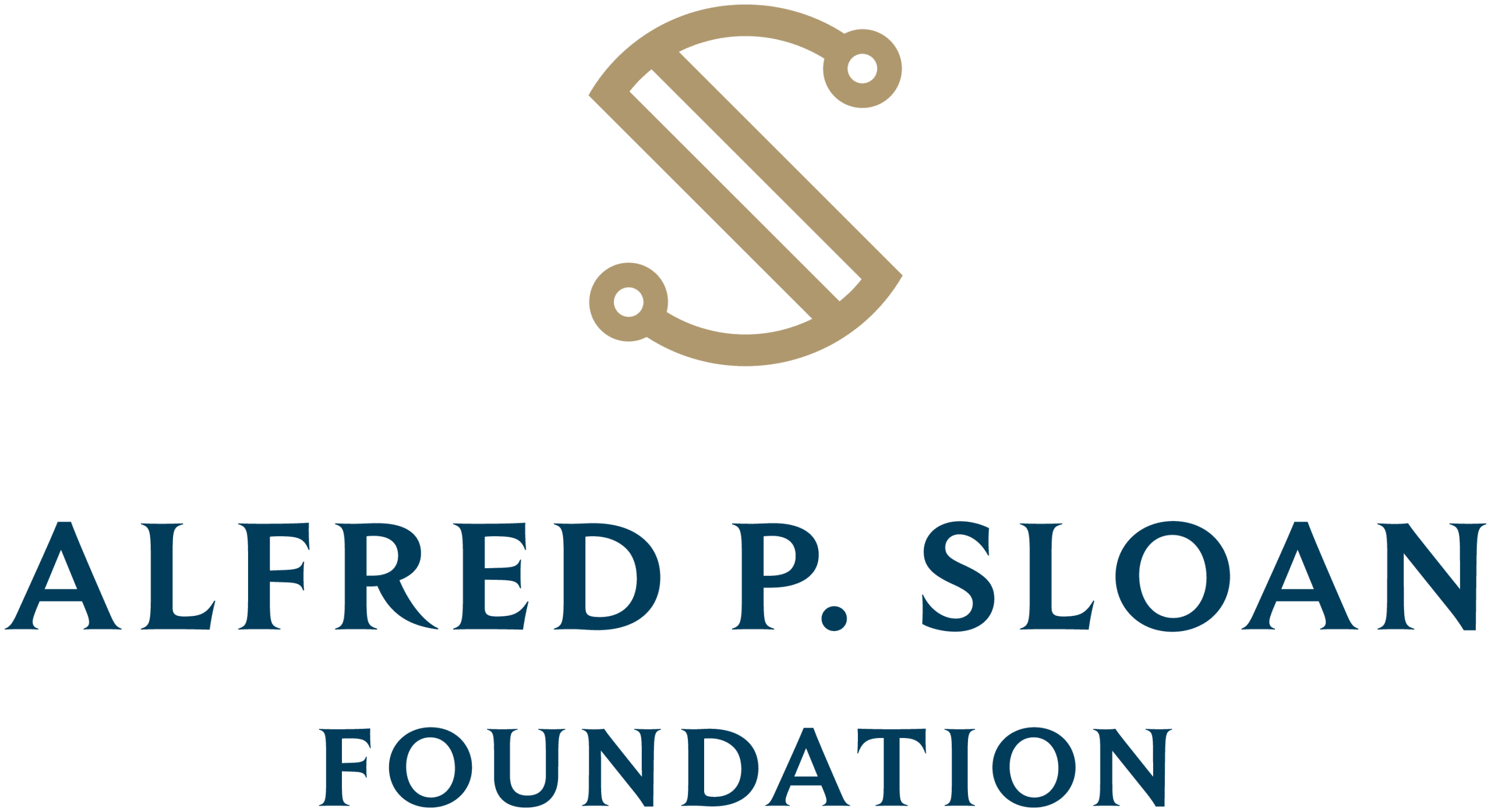We are looking for an Operations Director! Learn more and apply by March 6 for preferred application review.
Protecting the Future of Open Data: Building Resilient Repositories in Times of Crisis

The security and accessibility of U.S. federal data repositories have never been more important or more at risk. These collections of open datasets power evidence-based policymaking, international research, and disaster response.
Yet, recent disruptions have revealed just how fragile these systems can be when faced with political transitions, staffing cuts, or technical breakdowns.
For example, the Famine Early Warning Systems Network (FEWS NET) was suddenly removed at the start of 2025. For years, FEWS NET tracked drought, crop production, and food insecurity in over 30 countries. Its sudden removal left governments, aid organizations, and researchers with critical gaps in the information needed to guide lifesaving decisions. While some data have since been restored, the process has been uneven and uncertain; highlighting how much we risk losing when repositories are not prepared for crises.
At the same time, workforce reductions across federal agencies have stripped away institutional knowledge and limited capacity to maintain or share datasets. Agencies that once supported policy makers, researchers, and the public are now struggling to provide timely, complete information. The result is an unprecedented gap in trusted information when access to reliable data is most needed.
Rising to the Challenge
The good news? Communities are stepping up.
From librarians and researchers to citizen archivists, people have mobilized to rescue and preserve endangered datasets. Volunteer archivists dedicate countless hours to data restoration, while academic libraries are developing resources to safeguard open access. These efforts reflect a growing recognition that repositories are vulnerable to multiple kinds of risks. They face disruptions not only from natural disasters and technical problems, but also from political effects and cyberattacks.
To address these vulnerabilities, ESIP’s Sustainable Data Management Cluster released a new tool in April 2025: the Repository Crisis Scorecards (RCS). This framework is designed to help repositories evaluate their resilience under both normal and crisis conditions.
The RCS digs into key questions: Can metadata be recovered if systems go down? Is there institutional support to keep repositories alive? What’s the impact to users if a dataset disappears?
Since launch, the tool has been downloaded more than 1,500 times and even sparked a standing-room-only discussion at the European Geoscience Union meeting, providing evidence of a global appetite for solutions.
What’s Next: The Building Resilient Repositories Project
Using this momentum, with funding from the Alfred P. Sloan Foundation and with support from Tessera Strategies, ESIP is building upon the foundational work of the Sustainable Data Management Cluster with two central goals:
- Strengthen repository resilience. We will conduct a needs assessment to understand how different groups (repository managers, technical experts, researchers, and citizen archivists) have adapted to data disruptions. From these insights, we’ll produce practical guidance and updated tools to help repositories and their funders prepare for future crises.
- Improve the assessment tool. By collecting responses and analyzing how repositories perform under stress, we’ll refine the tool itself. Feedback from the community will shape version 2.0, ensuring it remains useful, relevant, and widely applicable across diverse contexts.
Our approach will combine results from a survey, focus groups, and repository self-assessments. Importantly, all data will be handled with strict privacy protections. No identifying information about repositories or individuals will be shared without explicit consent, and all efforts will align with both FAIR and CARE principles.

Why Does This Matter?
The outcomes of this project will go far beyond one tool. We will:
- Deliver direct, actionable insights into how disruptions impact science and society.
- Provide concrete recommendations to repositories, funders, and policymakers.
- Publish updated versions of the resilience tool, openly available to the community.
- Foster cross-organization collaboration to prevent future data loss.
Ultimately, this work strengthens the backbone of modern science and decision-making. By building more resilient repositories, we protect the data that underpins everything from disaster response to global research collaboration.
Join Us!
The project is already underway, and we’re inviting broad participation. Are you a repository manager, researcher, technical expert, policymaker, or citizen archivist? We need your perspective. Together, we can ensure that open data remains accessible, trustworthy, and resilient no matter what challenges lie ahead.
Complete this brief form to express your interest.
In addition, the project PI and chair of the Sustainable Data Management Cluster, Joseph Gum, will be attending the below events to present on the project and recruit participants. If you plan to attend and would like to connect, please get in touch.
- National Digital Stewardship Alliance Digital Preservation Conference, October 9-10
- International Data Week, October 13-16
- AGU Annual Meeting, December 14-19
- US Indigenous Data Sovereignty & Governance Summit, April 13-17, 2026
You are also invited to join the Sustainable Data Management Cluster at any of their upcoming meetings, the first Monday of each month at 4 pm eastern time. You can register to attend on the ESIP Community Calendar.
###
The ALFRED P. SLOAN FOUNDATION is a not-for-profit, mission-driven grantmaking institution dedicated to improving the welfare of all through the advancement of scientific knowledge. Established in 1934 by Alfred Pritchard Sloan Jr., then-President and Chief Executive Officer of the General Motors Corporation, the Foundation makes grants in four broad areas: direct support of research in science, technology, engineering, mathematics, and economics; initiatives to increase access and opportunity in graduate science education; projects to develop or leverage technology to empower research; and efforts to enhance and deepen public engagement with science and scientists. sloan.org | @SloanFoundation
This blog was written by Alycia Crall, with edits from Joseph Gum, Talisha Sutton-Kennedy, and Zoe Gentes, and review by Mark Parsons.
ESIP (Earth Science Information Partners) is a community of partner organizations and volunteers. We work together to meet environmental data challenges and look for opportunities to expand, improve, and innovate across Earth science disciplines. Learn more and sign up for the weekly ESIP Update for #EarthScienceData events, funding, webinars, and ESIP announcements.
###



